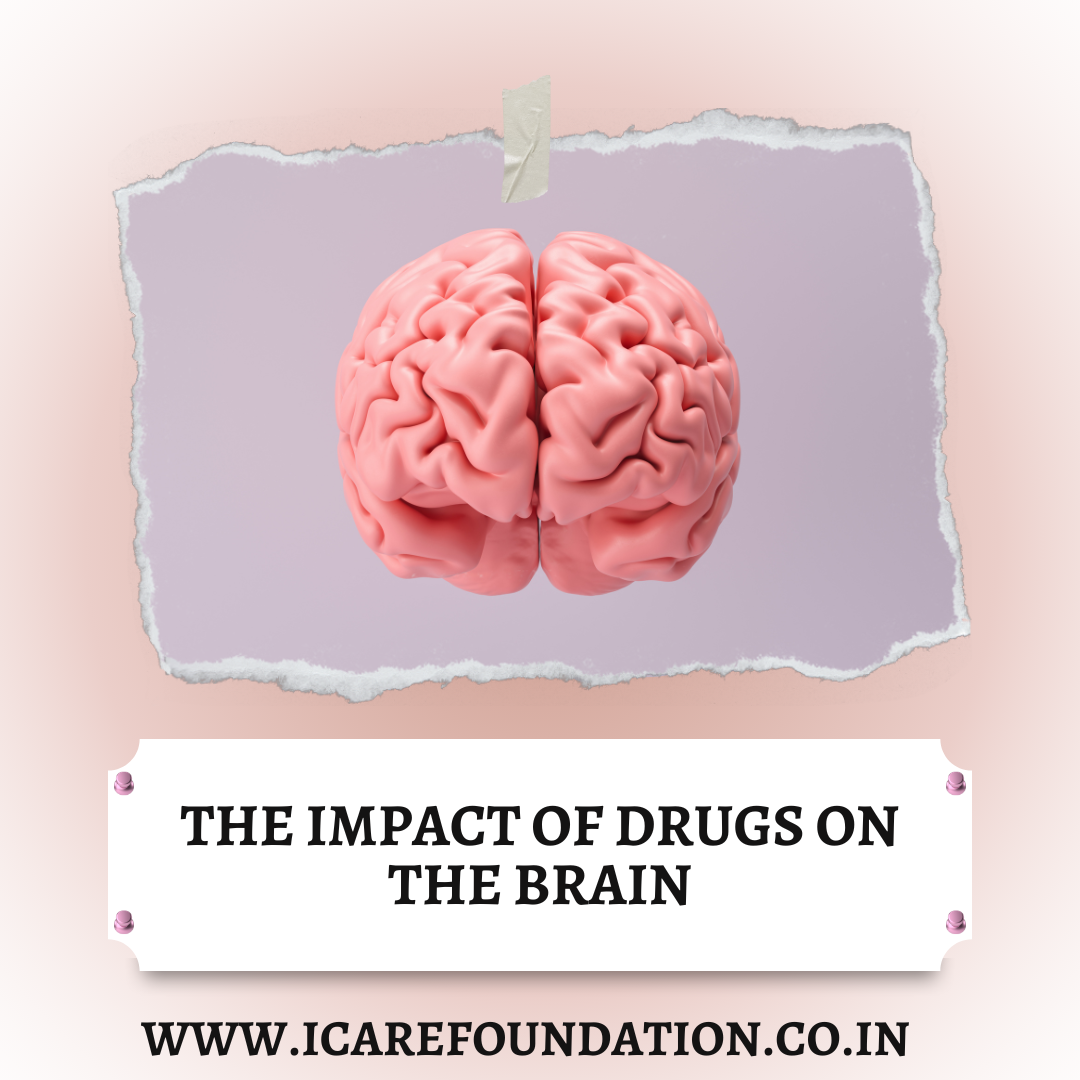Drugs, whether illicit substances or prescription medications, profoundly impact the brain. They can alter its functioning and cause various short-term and long-term effects that significantly affect an individual’s well-being. Understanding these effects is crucial to raise awareness about the dangers of drug abuse and develop effective prevention and treatment strategies.
One of the primary ways drugs affect the brain is by interfering with the regular communication between neurons. Neurons use neurotransmitters to send, receive, and process signals. Drugs can mimic these neurotransmitters or disrupt their normal functioning, leading to abnormal brain activity. For example, drugs like marijuana contain cannabinoids that bind to specific receptors in the brain, affecting memory, coordination, and judgment. Regular use of marijuana can impair cognitive function, making it difficult to think clearly and make sound decisions.
Another significant impact of drugs on the brain is their ability to activate the reward system. The brain has a complex network of structures responsible for experiencing pleasure and reinforcing certain behaviours. When drugs are consumed, they flood the brain with dopamine, a neurotransmitter associated with pleasure and reward. This surge in dopamine produces intense feelings of euphoria, leading to a desire for repeated drug use.
However, this initial rush of pleasure is short-lived. With continued drug use, the brain adapts to the presence of drugs and becomes less responsive to natural rewards. As a result, individuals may experience diminished pleasure from everyday activities such as eating or spending time with loved ones. This dampened reward response can contribute to an increased craving for drugs and a cycle of addiction.
Moreover, drugs can also cause structural changes in the brain. Prolonged drug abuse can lead to neuroadaptations, wherein the brain undergoes physical changes to compensate for the presence of drugs. These changes can affect various brain regions, including the prefrontal cortex, hippocampus, and amygdala, which are involved in decision-making, memory, and emotional regulation.
For example, chronic use of drugs like methamphetamine can decrease the brain’s grey matter volume, impairing cognitive function and memory deficits. These structural changes can persist even after an individual stops using drugs, making a recovery challenging.
Additionally, drugs can disrupt the delicate balance of neurotransmitters in the brain. Chronic drug use can deplete the levels of certain neurotransmitters, leading to imbalances that contribute to withdrawal symptoms when drug use is stopped. These symptoms can range from mild discomfort to severe cravings, depression, and even life-threatening seizures.
The impact of drugs on the brain is not limited to just one area or function. Different substances can have varying effects on other brain regions, causing a wide range of cognitive, emotional, and behavioural changes. The results can also vary depending on the dosage, frequency of use, and individual susceptibility.
In conclusion, drugs significantly impact the brain, altering its chemical and structural functioning. They interfere with the regular communication between neurons, activate the brain’s reward system, cause structural changes, and disrupt the balance of neurotransmitters. Understanding the impact of drugs on the brain is crucial to educate individuals about the dangers of drug abuse and developing effective prevention and treatment strategies for addiction. It is essential to prioritize creating awareness, providing support, and promoting a drug-free lifestyle to safeguard individual and societal well-being. You need to get help from drug rehabilitation centre in Mumbai.
Are you or your loved ones suffering from drug addiction? ICare Foundation – Best drug rehabilitation centre in Mumbai, India can help you get rid of drug addiction issues. Contact us today for more details.


